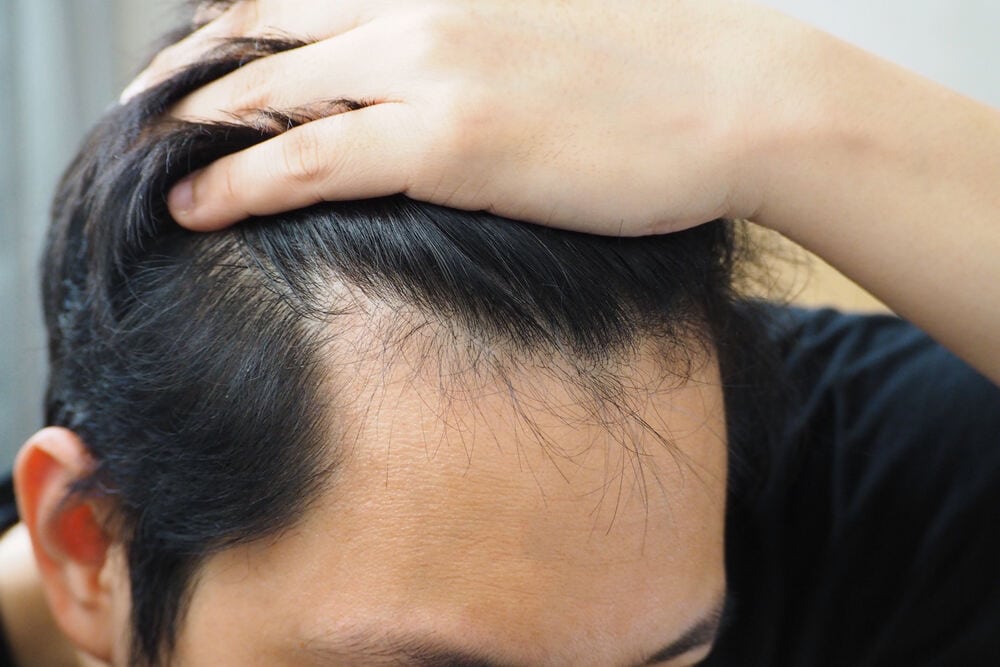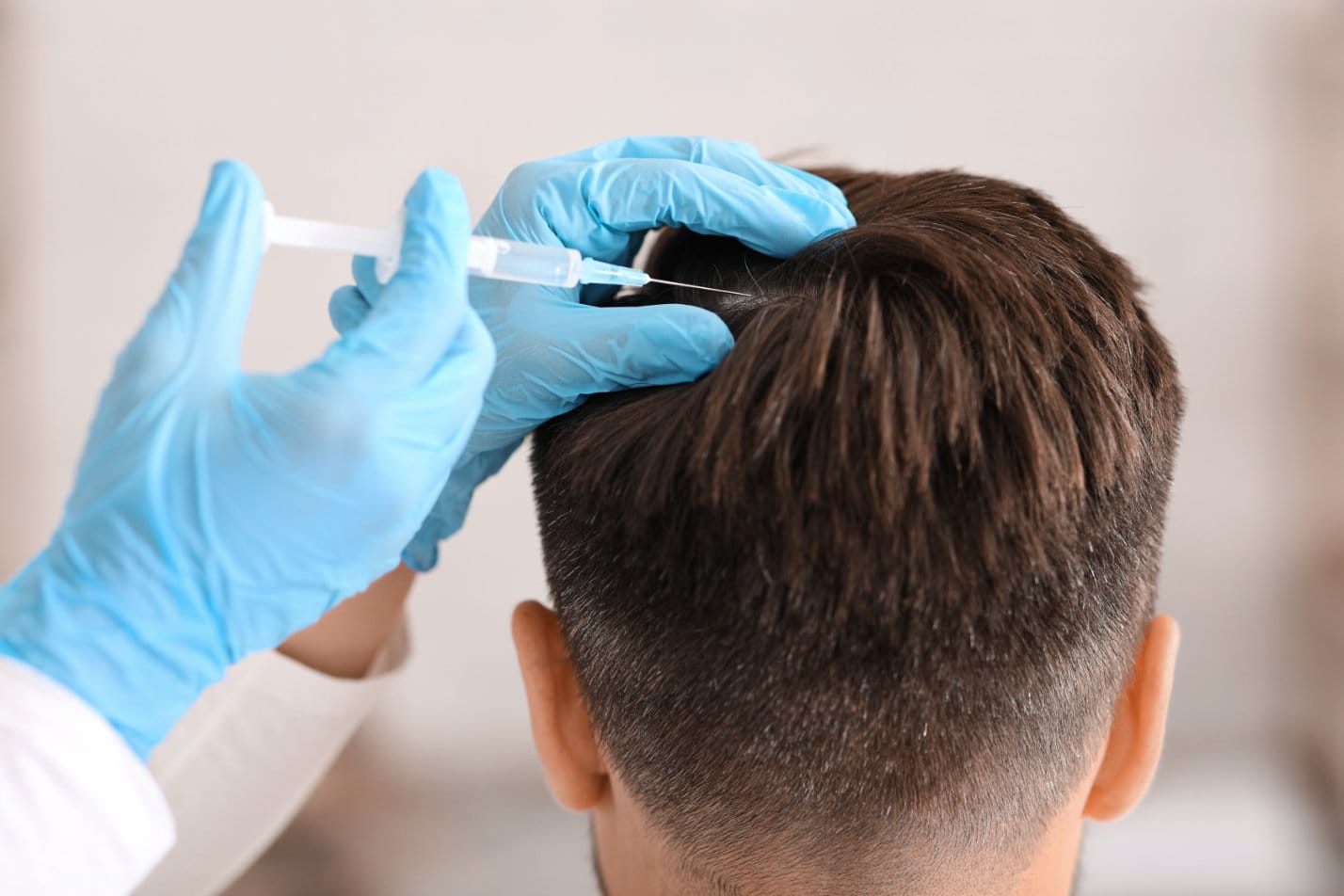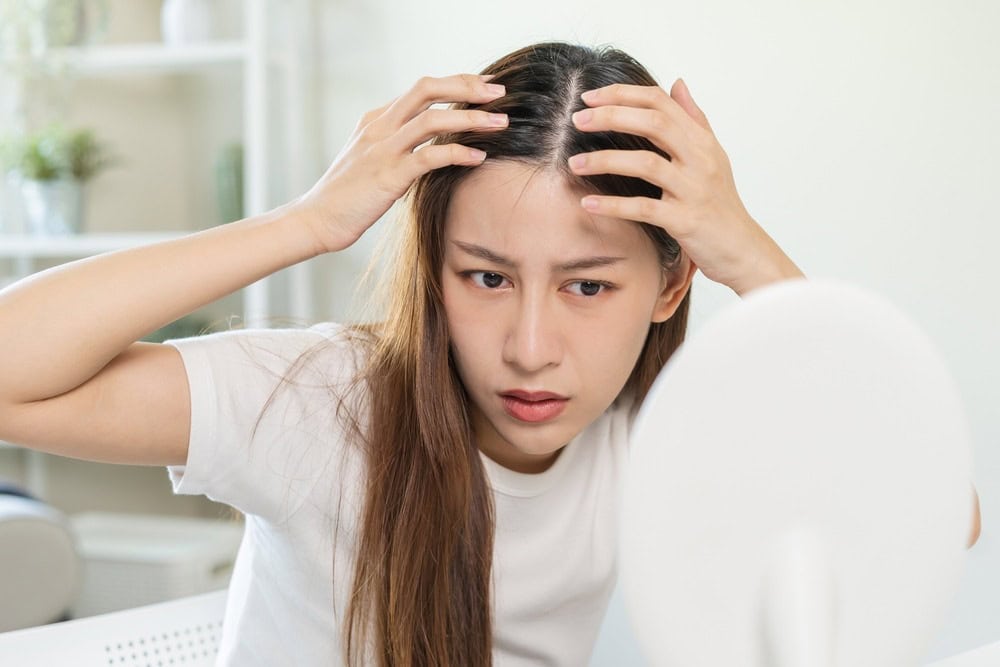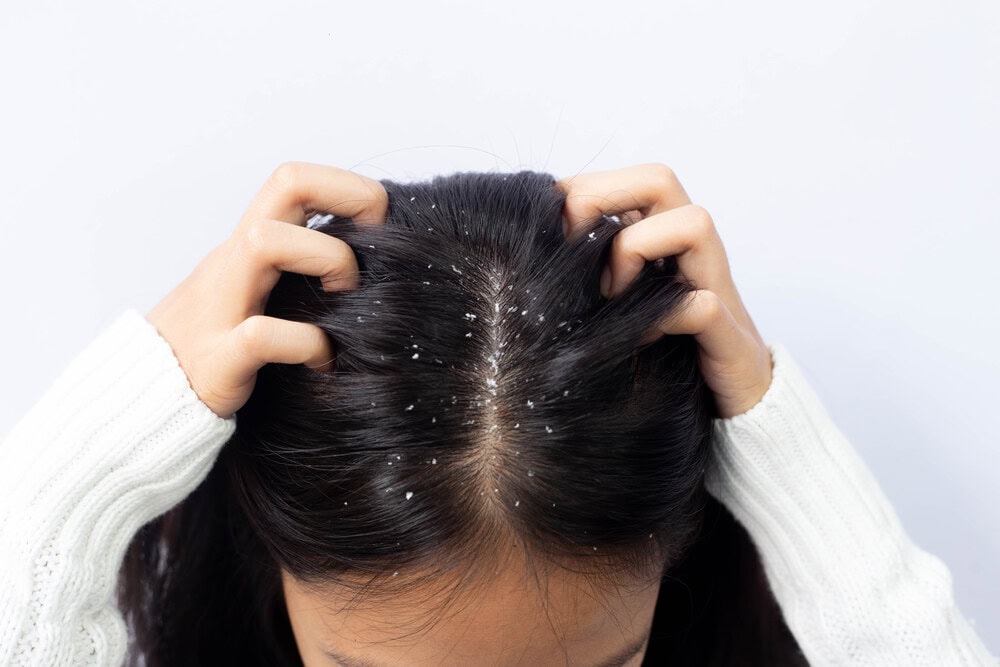There are many ways to treat the balding, hair thinning, or hair loss problems, once of which is medication to balance the bodily hormones, and stimulate new hair growth. A well-known example is Finasteride, but aside from medication, hair transplantation is another option to treat the degraded hair follicle or balded area. Some might start the treatment by taking medications to treat the area with thin or weakened hair follicles but if they are still concerned with the result, they might opt for hair transplantation. One question many might wonder is “do i need to continue taking hair growth medication after the permanent transplantation?” This article will tell you, let’s continue!
What is hair growth medication?
Currently there are two main types of hair medication that can treat hair loss and stimulate hair growth.
Finasteride: is designed to suppress the 5-alpha reductase enzyme, which changes testosterone into DHT, one of the major causes of hair loss in men. It was found that the use of 1mg of Finasteride every day can slow hair loss and stimulate hair growth in the long term, but there might be some side-effects such as reduced sexual desire, but only found in 1.3-1.5% of the users.
Minoxidil: another oral medicine for hair growth that expands the scalp blood vessels and stimulates the hair root cell replication, allowing more absorption of nutrients and oxygen by the hair.
Moreover, zinc- and biotin-rich foods are recommended along with the medicines because zinc creates keratin, the main component of the hair. On the other hand, biotin strengthens the hair and reduces hair loss. Still, the benefit of these foods must be studied further.
“Do I need to continue taking hair growth medication after the permanent transplantation?”
Normally after the permanent hair transplantation, the grafted hair will grow naturally without the need of medication. This is because in the permanent transplantation, individual hair strands are moved from the donor area to the problem or balding area. The grafted hair is usually healthy and can grow like normal. Moreover, the donor hair is usually from the nape and unaffected by hormones.
Nevertheless, some patients might still have weak hair or hair thinning problems in the areas not receiving transplants. In this case, the doctor might advise to continue taking the hair medication to stimulate the hair growth and prevent hair loss. The medicines could be either Finasteride or Minoxidil, depending on the person, and their use must be under strict recommendation.
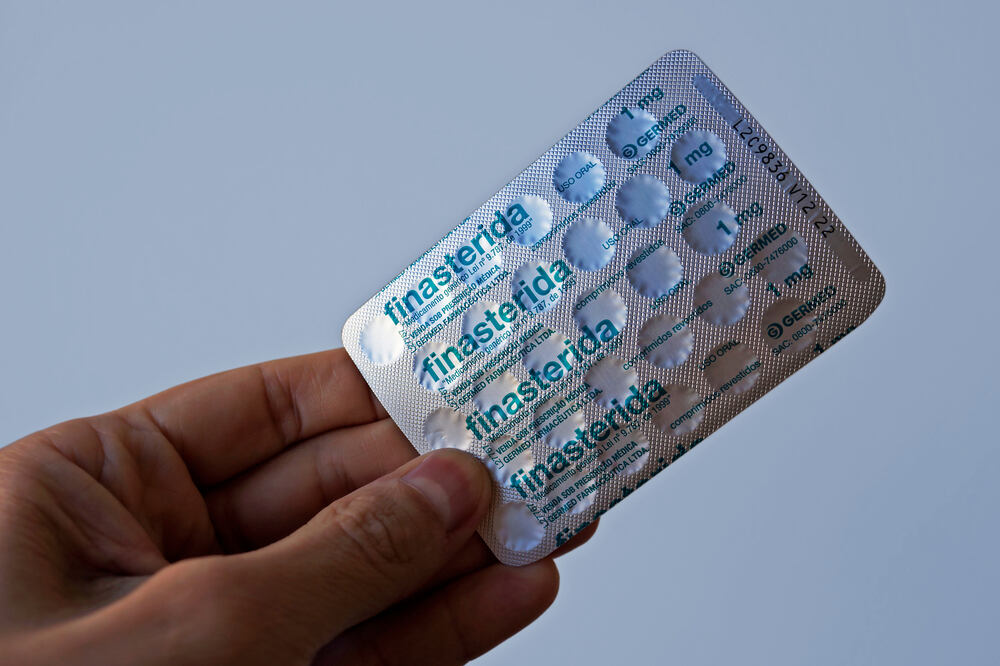
If hair loss occurs, is it better to take medicine or get a hair transplant?
When faced with hair loss, the question that follows is, “is it better to take hair growth pills or get a permanent hair transplant?” Of course, the answer is not fixed. It depends on many factors. For example, if hair loss is in the early stages and not too severe, taking medicine, whether Finasteride or Minoxidil, may be a good choice. These drugs can slow down hair loss and stimulate new hair growth. However, these drugs must be used regularly, and it might take a while to get any noticeable result.
On the contrary, in cases of widespread baldness or severe hair loss, hair transplant may be a better solution because it gives permanent results and the result is more visible than taking hair growth pills, but it is also more expensive.
However, the most important thing is to consult the hair and scalp specialist to thoroughly assess the condition of the hair and scalp as a correct diagnosis will allow the doctor to plan the most appropriate treatment approach for the cause and severity of the problem.
FUE hair transplant by an experienced specialist doctor at MAX HAIR CLINIC
Now that we know whether we need to take hair transplant medication after permanent hair transplantation and what the guidelines are for those who are still hesitating about whether to get a hair transplant or not, you can consult at MAX HAIR CLINIC, a full-service hair clinic with highly experienced specialists with world-class specialized techniques. We provide FUE hair transplant services that are trusted by many service recipients, including many celebrities. You can receive a free consultation at all Max Hair Clinic branches throughout Thailand or contact us via Line Official @maxhair or call 083-289-1664.
Reference
- Effects of finasteride (1 mg) on hair transplant Accessed on 24 April 2024 at https://pubmed.ncbi.nlm.nih.gov/16188178/
- Is it ok not to use Finasteride after a hair transplant ? Accessed on 24 April 2024 at https://www.realself.com/question/beirut-lb-finasteride-after-hair-transplant

